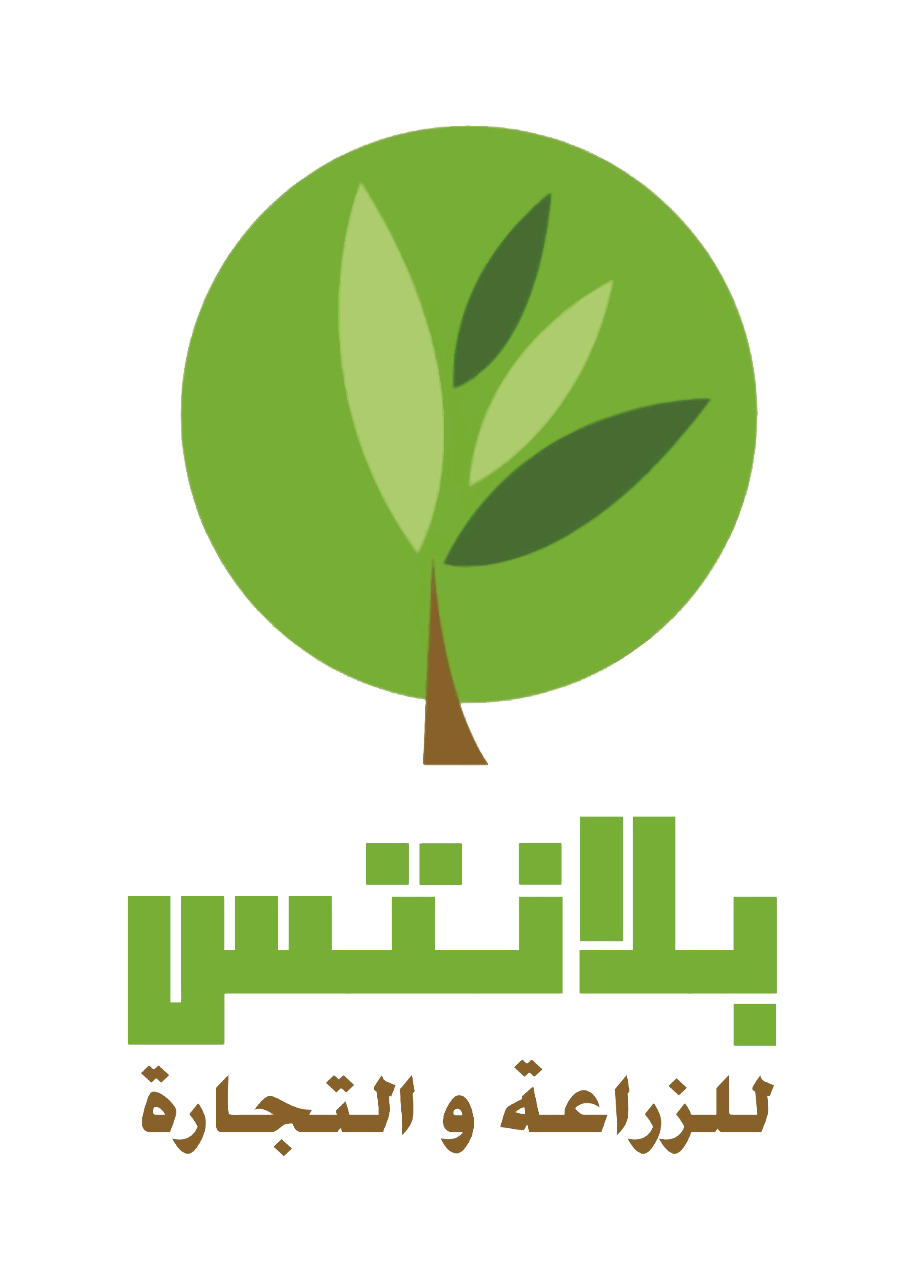- 01 Sep 2010
Pakistan farmers need wheat seed fast
Wheat, the staple food of the rural poor in Pakistan, is due to be planted in September through to November. More than half a million tonnes of wheat seed stocks have been destroyed by the floods.
In addition, in the flood affected areas, people are utilizing wheat seed stocks that have not been affected by the flooding to feed their families and the displaced people they are sheltering.
"Unless people get seeds over the next few weeks they will not be able to plant wheat for a year," said Daniele Donati, Chief, FAO Emergency Operations, Asia, Near East, Europe and Special Emergencies. "Food aid alone will not be enough. If the next wheat crop is not salvaged, the food security of millions will be at risk."
Wheat based flat bread, such as chapattis, is the main food of poor rural people in Pakistan.
Land for planting still exists
Wheat farmers in Pakistan were in the process of preparing their land for planting when the floods began. In some areas the fertile top layer of soil has been washed away, making planting impossible. In other areas, the land is still waterlogged or covered in silt and needs to be cleared. However, this is not the case everywhere.
"In many areas it will be possible to plant as soon as the water recedes. FAO and its cluster partners have the capacity to get seed to these areas provided we receive urgently needed funding. But the window of opportunity is closing as the planting season ends in mid November," said Donati.
FAO has completed procurement for the provision of seeds to 200 000 farming families. If additional funding is committed soon, FAO will be able to provide seeds for twice that number.
Early estimates show that 3.6 million hectares of standing maize, rice, sugar cane and cotton crops were destroyed in the floods that have displaced millions of people.
Animal feed
In addition, an estimated 1.2 million livestock and 6 million poultry were lost in the flooding. It is estimated that over one million buffalo, cattle, sheep and goats owned by households in the flooded areas will now face starvation if animal feed is not provided to them urgently.
Animals also need immediate vaccination for diseases like foot-and-mouth disease and Peste des Petits Ruminants - with people and herds on the move as they flee the flooded areas, the risk of animal diseases spreading is great.
FAO and its partners are in the process of procuring animal feed and vaccines to reach over 40 000 livestock-owning households. With additional funding, FAO could reach a further 85 000 households with vital inputs for animal feed and veterinary care.
